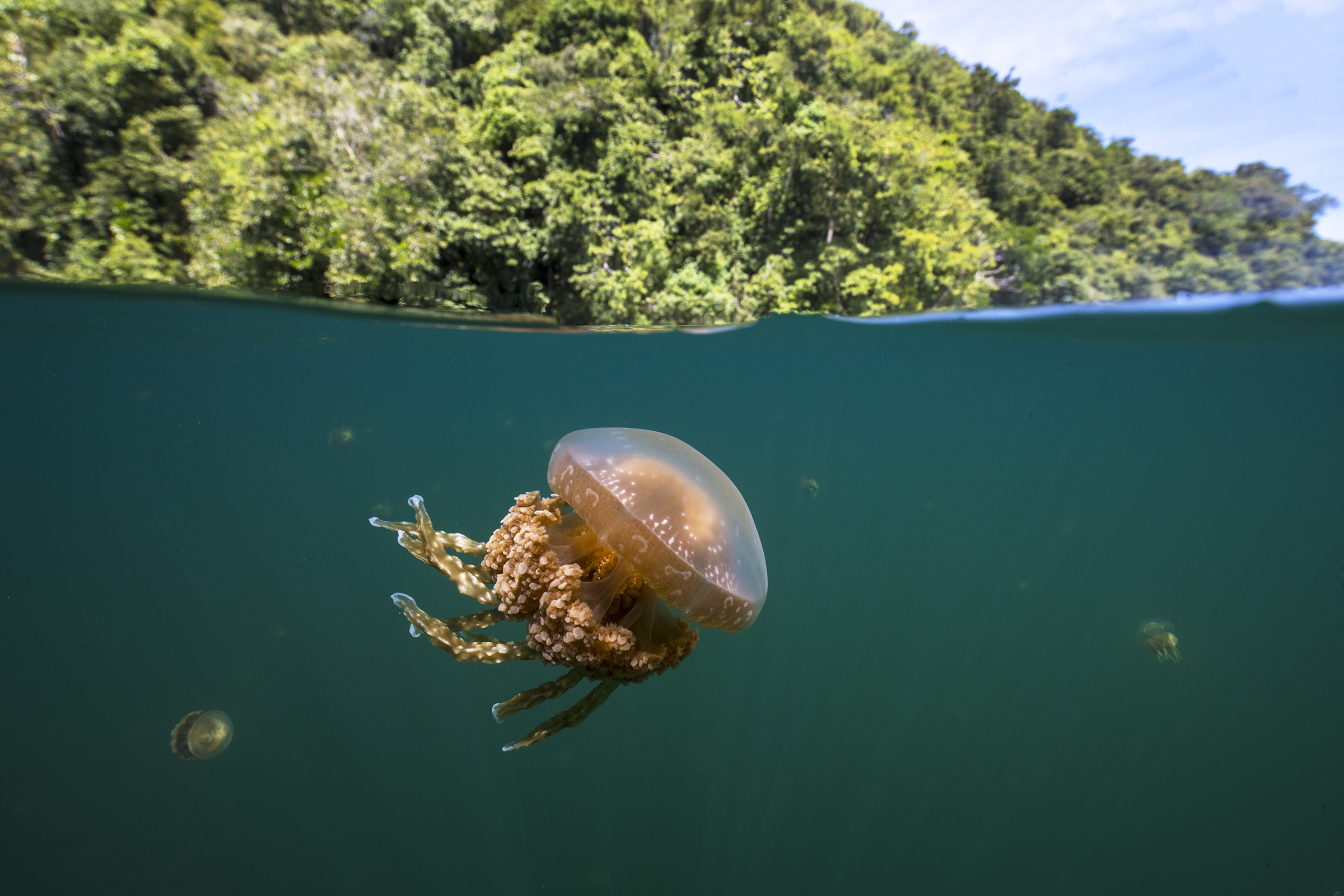All Hands on Deck: Protecting Biodiversity in Palau
December 17, 2018
On a single dive day in Palau, lucky divers can witness an impressive range of ocean wildlife like manta rays, sea turtles, humphead parrotfish, humphead wrasse, dugong and saltwater crocodiles to list a few. And then, of course, there are myriad colorful fish, small and large, flickering across the technicolor canvases that are the coral reefs. As the Expedition Team dried off after a dive near German Channel, Dr. Sylvia Earle was asked what was her favorite creature seen on the dive. “Humans are my favorite sea creature,” she responded with a wink. And it’s true: we are as much dependent on the sea as the dolphins and diatoms. Without the sea, there is no life. No blue, no green. No ocean, no us.
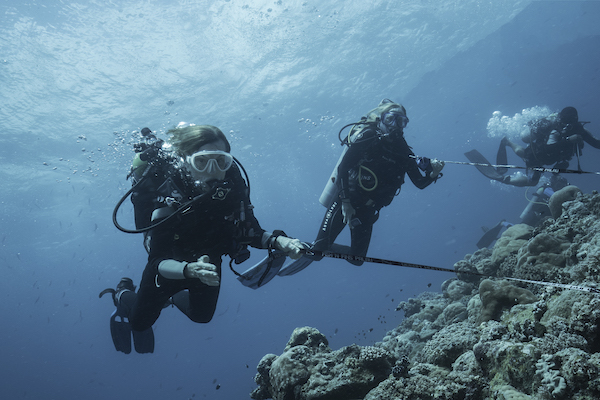
To that end, the Republic of Palau and President Tommy Remengesau Jr. deserve a standing ovation for protecting so much of their waters as a no-take zone. But what about the parts that are fished? And what about the Palauans who have relied — and continue to rely — on the ocean for sustenance and income? How does one strike a balance so that all marine life including humans thrive for generations?
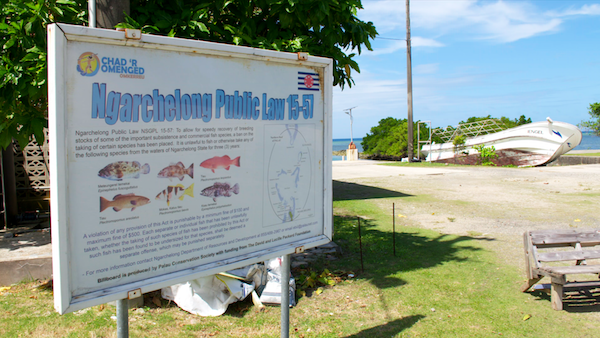
To get some answers, the Mission Blue Expedition Team spent time with The Nature Conservancy, an international conservation non-profit that is active in Palau in support of coastal fisheries management. Before heading to Ngerechelong State to meet with the fishermen themselves, we swung by TNC’s local office in Koror City to speak with Steven Victor, the Micronesia Conservation Planner at TNC.
“We started by working with communities in the establishment of marine protected areas and building their capacity to manage them,” Steven told us. “But eight years ago, we recognized that, while Palau has enhanced its efforts in marine protected areas, fisheries resources were continuing to decline. So we decided to focus on enhancing and improving management of coastal fisheries in conjunction with the marine protected areas. A lot of the effort is about integrating fisheries management with Palau’s protected areas network.”
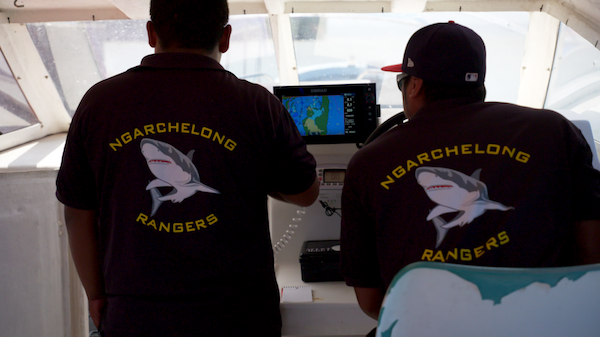
It wasn’t easy for the fishermen to make the change. Initially, they were skeptical about conservation and management. Yet eventually, when they reviewed their own catch data and saw the fishery was in trouble, they came around.
“The data showed that they were catching fish before they had a chance to reproduce. So the fishermen started to understand it was their fishing effort that was contributing to the continuing decline in fish, despite their effort in marine protected area,” Steven remarked. “It was not easy for them to make that sacrifice. But their own data convinced them that they need to do something. We provide options for them to consider. They chose options that they believe could be implemented and enforced in collaboration with their state rangers.”
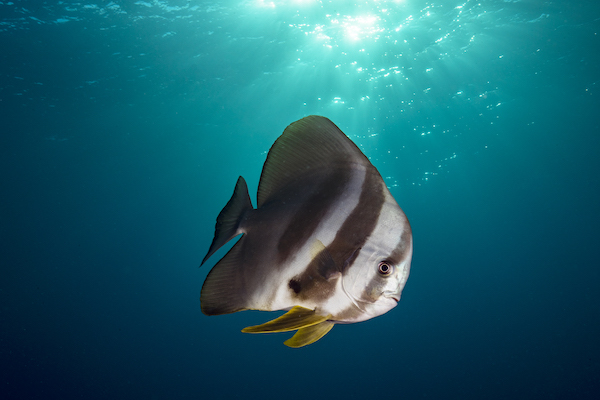
One result of these efforts was the creation of the Northern Reef Fisheries Cooperative. The purpose of the cooperative is to unify fishermen and promote alternative fishing methods with the goal of relieving stress on the reef. The co-op also follows catch and size limits, as well as self-polices for rulebreakers. We travelled up to Ngerechelong State to speak with Brigid Adachi, the Executive Director of the cooperative, to better understand what their program entailed and how it was faring.
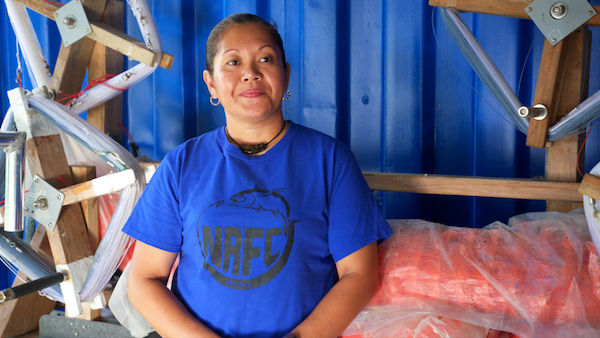
“Most of the fishermen were hesitant to be introduced to this agreement. But the more that time went on, they observed that fish stocks were healthier,” Brigid told us. “It’s more like a behavior change. But they are getting used to it and it’s working. My main concerns are poaching and illegal fishing, but working with the the rangers we have hope to control this problem.”
We – Kip Evans Director of Photography and Expeditions, Glenn Bucksbaum an ocean conservationist and philanthopist and Brett Loveman Director of Communications – decided to see for ourselves and hopped aboard a Ngerechelong Ranger boat and headed out to the reefs three miles offshore. Many of these rangers used to be fishermen themselves, so they understand the fishing community well and social and economic complexities of enforcing these new regulations. Boats are only allowed to take in 100 pounds of fish per day and there are size limits. And, at certain points of the year, there are off seasons for certain fish, which the rangers also work to enforce. We had a chance to catch up with Officer Raylan Roman of the Ngerechelong Rangers.
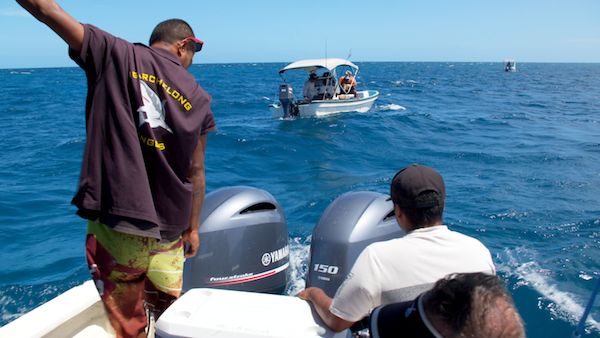
“We do our daily patrol out here checking fishing permits and boat registries. And we make sure that no one enters the MPA network,” Raylan explained. “We check the amount of catch on the boats to prevent overharvesting. Fishermen can only have 100 pounds a day and we enforce that.”
Harper, a member of the Northern Reef Fisheries Cooperative, watched on and nodded.
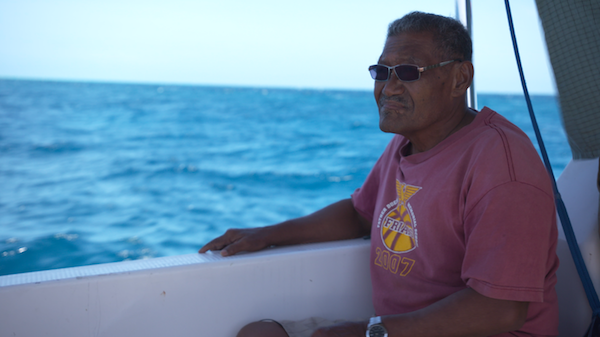
“We’re very hopeful that this younger generation and the next generation will have something. We’re not going to just harvest all the fish now,” Harper said. “We’re going to leave something for them. It’s going to continue if we follow regulations like fish size restrictions. We catch the right size so they can aggregate, spawn and continue growing.”
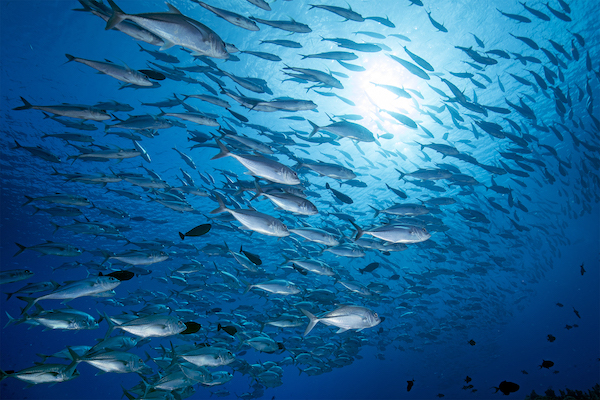
Palau is an example of not only top-down marine conservation ethos, as exhibited by the extensive MPA network, but also bottom-up community engagement in helping preserve a remarkable marine ecosystem for the future. The stroke of a pen on public policy parchment only means as much as the public’s earnest appetite to make change. We were heartened and filled with hope to see the passion and excitement for the benefits of marine protection alive among the people of Palau.
“President Tommy Remengesau Jr. has a very good vision about the environment and the future of Palau,” Harper continued. “He’s thinking about the young generation coming. He’s also a good fishermen himself and knows the situation in the ocean. There are many factors depleting the fish. Climate change. Coral bleaching and natural disasters like typhoons. They destroy corals and the fish will have no place to stay. So we need to be very careful and try to save them. So we come up with a way to harvest some and leave some for future generations.”
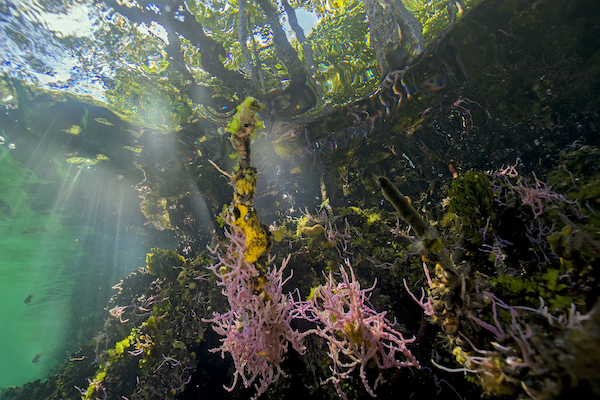
Go for it Palau. The world is rooting for you!
Big blue thanks go to our financial sponsors ACTAI Global and Glenn Bucksbaum for making this expedition a reality, as well as to Scubapro for keeping us equipped with the best and safest dive gear available.

